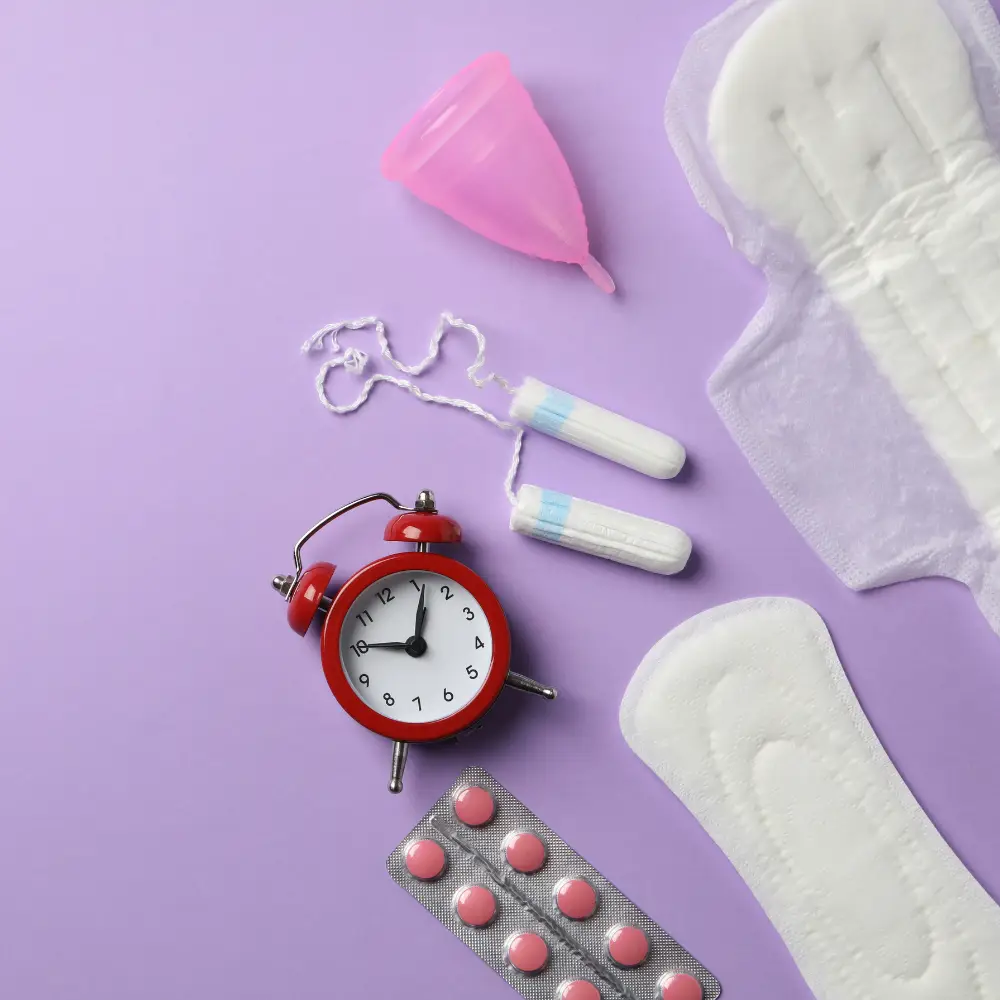
Start your fertility journey today
I am open to see patients face to face at Bella Vista, or via Telehealth
“Be sure of your decision to freeze your eggs. Many women don’t end up using their frozen eggs. You should ask yourself if you will still be happy you went through the whole process, if that is true for you.”
– Dr Monique Atkinson





The decline in your chances of having a baby with your own eggs, either naturally or with IVF, is unfortunately inevitable and irreversible as you get older. The reduction in your egg quality is most rapid after 35 years old, also leading to an increased risk of miscarriage. If your life circumstances mean that you are unable to fall pregnant in your 20’s or early 30’s, freezing your eggs at a younger age is one strategy you may consider.
The first step in egg freezing is to hyperstimulate your ovaries to produce multiple eggs. To achieve this, you will self-inject hormone medications for 10 to 12 days. Your response to the medication will be monitored via transvaginal ultrasounds and blood tests. Once ready, you will be advised to use a final ‘trigger’ injection which matures the eggs in the follicles. You will then come into the clinic for a 5 to 10 minute egg collection procedure. This can be performed under local anaesthetic or sedation. A needle is passed through the vagina to reach the ovaries and suction applied to collect the eggs. The eggs are then frozen for later use.
While every woman wants to know the answer to this question, unfortunately there is no magic number of eggs which will guarantee you to have a baby (or two babies) later on in life. Studies which have examined the chances of pregnancy for women returning to use their eggs have demonstrated that the chance of success is related to the age at which you freeze your eggs, and the number of eggs which are collected – the younger you are, and the more eggs you collect, increases your chances of pregnancy. It is likely that you will need more than one egg collection cycle in order to collect sufficient eggs to give you a reasonable chance of success later in life.
When you are ready to use your frozen eggs in order to attempt falling pregnant, the egg will be thawed and injected by a sperm from your partner (or a donor). Your eggs will be checkedin the laboratory to determine if they have fertilised, and then monitored to determine if they continue to grow into a good quality embryo. The embryo will be transferred into your uterus at a time in your cycle soon after ovulation (during the ‘window of implantation’). This procedure is similar to a pap smear with a thin catheter being passed through your cervix to reach your uterine lining. The length of time that an egg has been frozen does not affect it’s chance of leading to a pregnancy.
You may receive mixed views from various social circles when talking about freezing your eggs. These views are often not only influenced by the evolving science and medicine behind egg freezing, but also by the various socioeconomic and emotional challenges you may be facing as a woman leading you to defer motherhood.
Planning a family is a big decision and it is important to be well informed about your decision to freeze your eggs. Certain risks must be accepted as well as a level of uncertainty about the likelihood of you returning to ever use your eggs, or the chance of those eggs leading to a healthy pregnancy. You should inform yourself about the cost of egg freezing, storing and later using your eggs by talking to the Genea finance team. Contemplate when and how you would consider using your eggs – at what age, and with whom (or as a single mother with donor sperm).
The reality is that you may not be in a situation where you are able to have a child at an age when you can ‘easily’ fall pregnant. If that is the case, egg freezing may be a suitable option for you to consider.
We offer a full spectrum of reproductive health care services for all our patients.

About 80% of couples conceive within the first six months of trying. If you've been trying for 6-12 months without success, it may be time to consult a fertility specialist.

Struggling to conceive naturally? There are many fertility treatments available, varying in invasiveness, duration, and cost. Whether it is by using medication, IUI, or IVF, we can help find the right path for you.

As a Paediatric and Adolescent Gynaecologist, I always ensure my patients are comfortable. Maturing young women can feel safe to discuss any potentially sensitive or embarrassing issues.

I have held a passion for reproductive medicine for over fifteen years. I am humbled by the trust my patients place in me to be part of such a significant stage in their life.

I am open to see patients face to face at Bella Vista, or via Telehealth